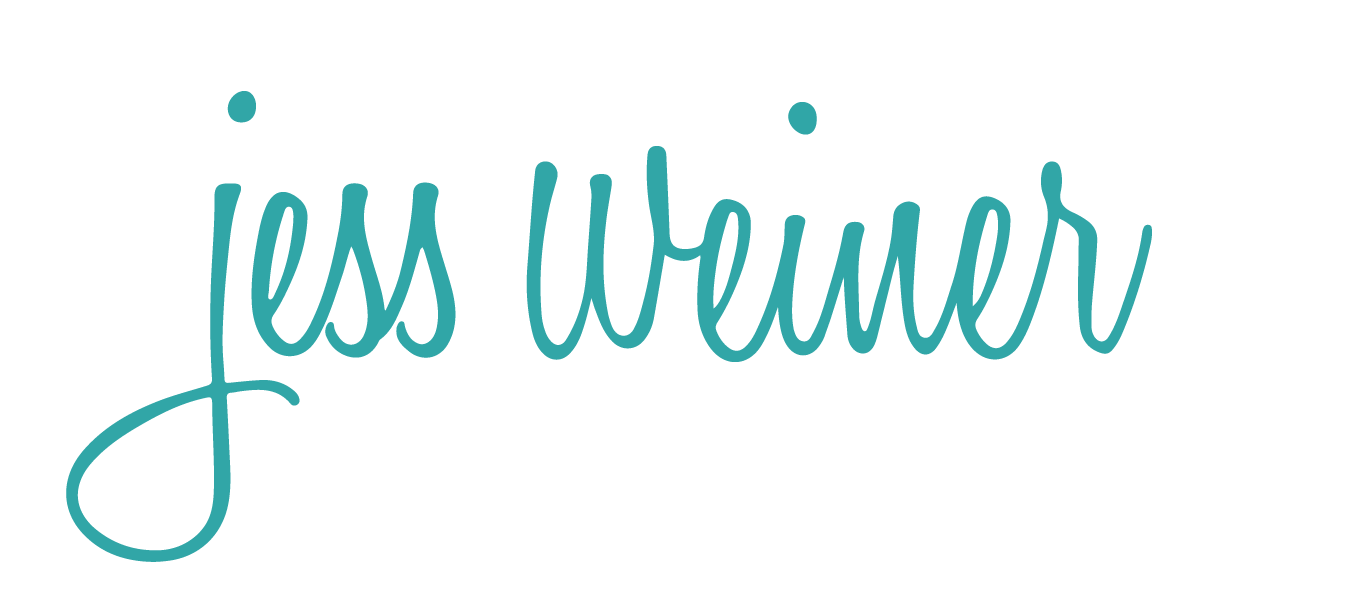My entire career as a social entrepreneur and advocate has been dedicated to widening the images we see of women and girls in the media. I’ve seen first hand how a young woman’s life can change when she feels reflected in the media or entertainment she consumes. It’s not trivial. In fact, it’s vital that we, the world’s largest exporter of media images, lead that business with full inclusivity and recognition of what the world truly looks like.
When President Obama took office he talked about opening up the White House to everyone.
I have always been inspired by the Obamas’ commitment to using their platform as a power for good. I am still in awe of the variety of artists, academics, humanitarians, engineers, and change makers they have invited in. I mean even the musical Hamilton was workshopped there! I feel incredibly grateful and proud to have been one of the voices they included. I worked with the White House Council on Women and Girls over the last eight years convening on and exploring the state of affairs for girls in tech, education, and media. Last April, we were able to bring together the forces I work with in my world to host one of the most comprehensive gatherings of industry, parent advocacy groups, and academic researchers focusing on gender stereotypes in toys and media.
The White House Council on Women and Girls, The Department of Education and USC’s “Media, Diversity, and Social Change Initiative” held a summit on how gender stereotypes impact our children’s ability to dream. The day’s agenda covered the influencing forces in boys’ and girls’ lives, the effects that gender stereotypes can have on their perceptions, and the steps people and businesses are taking to eradicate stereotypes. Our goal was to ensure that children can grow to reach their full potential in life, not stifled by norms or stereotypes that could inhibit their self-actualization. As someone who has spent 22 years studying and working in this field, that summit felt like a cumulating moment. I was so proud and humbled to see the key stakeholders, decision makers, and leaders in that space come together and engage in honest dialogue.
Before this administration, we were all having conversations in private or separate spheres, but in April we were all together sharing our research, thoughts, and brave steps forward. Major businesses, including Disney, Mattel, LEGO, and Warner Brothers, shared their compassion and understanding toward parents’ demands for better representation, and demonstrated how they are stepping up to the plate. Other up-and-coming companies, such as littleBits, showed us that there are still countless avenues for ingenuity in toys and media to help kids grow. Researchers and academics presented their latest findings on the challenges and opportunities in boys’ and girls’ lives as well as the importance of media so we could make informed decisions. Activists and parents brought their irreplaceable voices to the forefront sharing their experiences and the demand for more. All of these different perspectives are essential to spur future action. Most importantly, every group, regardless of differences, came to the table to have an open and authentic discussion in order to drive change.
Now, more than ever, we need camaraderie and openness to build a future path that will advance gender equality. No person or group can achieve such a lofty goal alone. Divisiveness will only hinder progress. This important meeting of both private and public sector stakeholders fueled a lot of change that we will be seeing in our retail spaces for years to come. Sharing information, finding allies, and building networks will help manifest positive change.
We all need to feel inspired by #YesWeCan moments that create positive momentum in our lives, instead of focusing on when we feel defeated. The summit has been a motivating force in my life because it was an agent of significant positive change.
#YesWeCan create media that is an inclusive representation of our multifaceted society.
This post was written by Jess Weiner and Elizabeth Hedge, who shared the badass experience of planning and executing the Summit on Gender Stereotypes in Toys and Media together in partnership with the White House Council of Women & Girls in Washington D.C.

